Why Camilla could be the ultimate feminist Queen
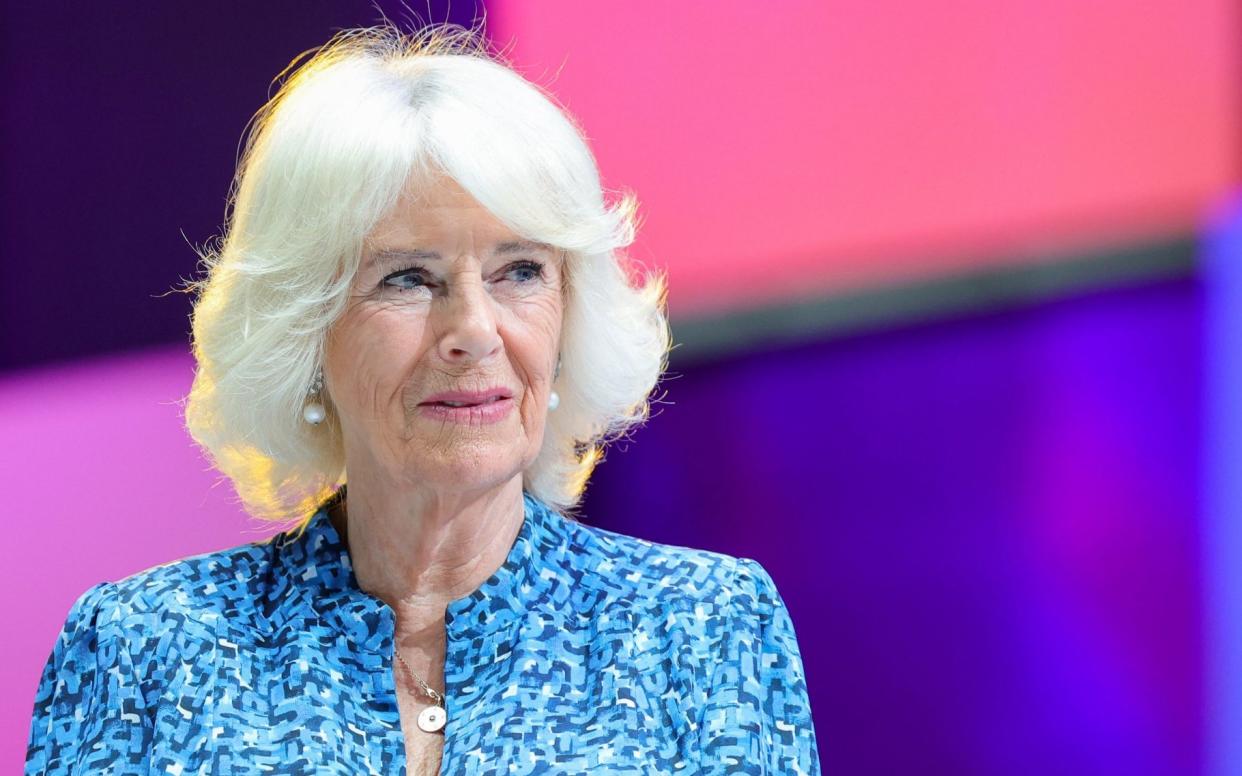
There is no life more stereotypically feminine than that of a royal wife. We all know the drill: look good (especially in tiaras), give birth to children (especially boys) and walk a pace or two behind your man (especially, well, all the time, actually). So how extraordinary it is to think that Camilla, the Duchess of Cornwall – and the most senior royal wife in Britain – rather subverts that Stepford trope. Indeed, I don’t think it is too much to suggest that Camilla could one day be described as the most feminist Queen we’ll ever have.
That’s not a sentiment I could have imagined expressing in the past. For one thing, I’m neither an expert on, nor a fan of, the royals. Moreover, as a hard-line republican feminist on the left, you wouldn’t expect me to bother even having a view on a woman who has chosen to throw her lot in with the essence of the patriarchy. But I do.
In fact, Camilla is a breath of fresh air in this respect. Feminism isn’t something you expect to find in a royal but, to me, she has those qualities – sincerity, authenticity and independence – which real feminism is rooted in.
Most of us don’t have to undergo the sort of scrutiny or criticism from the world’s media that she has faced from the moment her relationship with Prince Charles became public knowledge. She was contrasted with the perfect modelesque Princess Diana and found wanting over and over.
But one thing Camilla has in common with other feminists is her refusal to cave to pressure over her appearance or dress sense. She has found her own style and looks the better for it.
And it’s also worth noting that, given how vilified she was over having an affair with Charles while he was married to Diana, Camilla’s popularity – which has grown year on year – is a positive step away from the tradition of blaming the woman for everything when a relationship goes wrong.
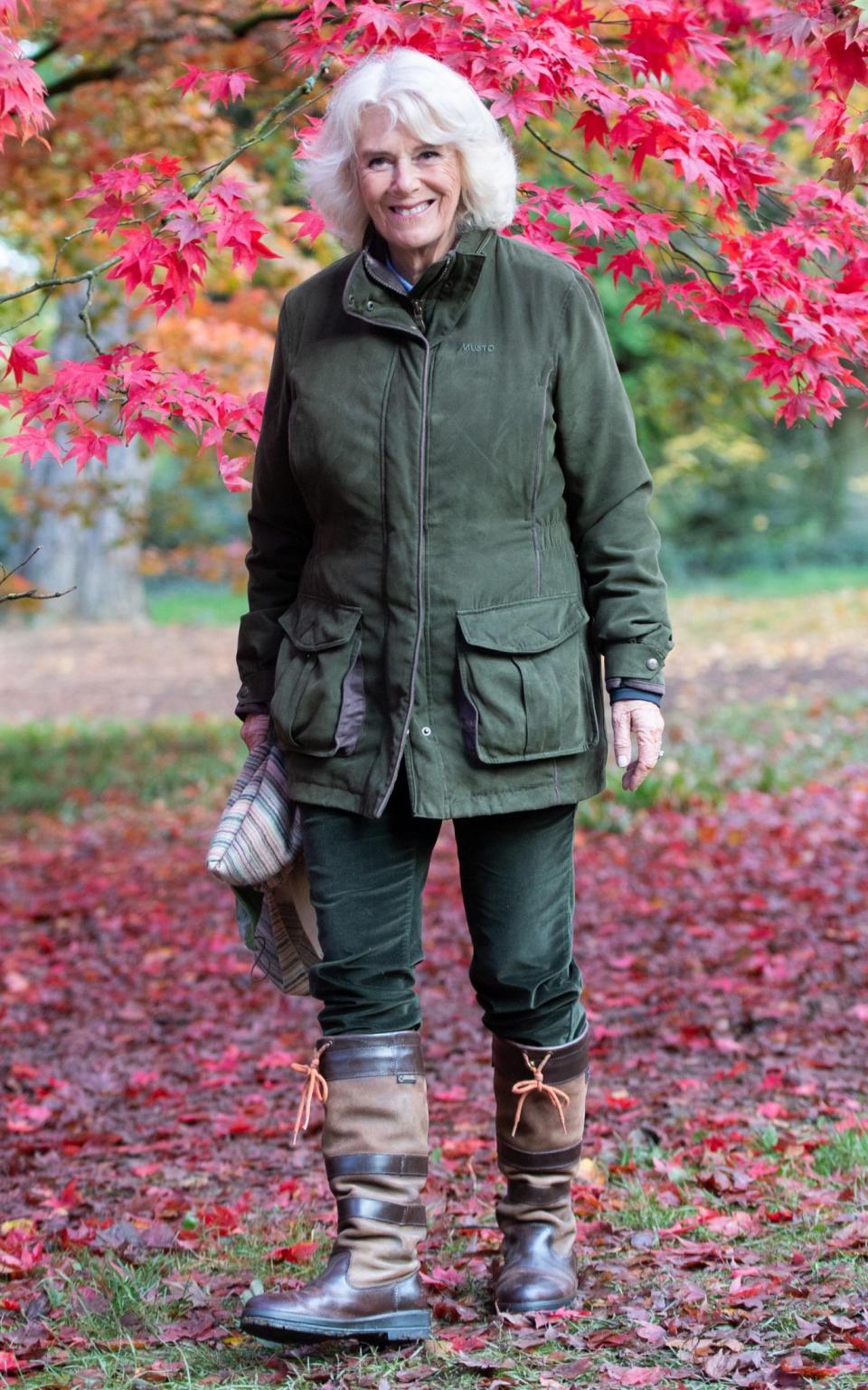
It’s interesting to see that even after Camilla became Prince Charles’s partner, she kept her own home, Ray Mill House, bought in 1996 after divorce from first husband, Andrew Parker Bowles. It’s the place she goes when she needs to get away from the royal circus, apparently.
And, despite all the attacks from an often hostile and misogynistic media, Camilla has always refused to be a victim; nor is there anything of the subservient woman about her.
Look at the causes she supports and you get a deeper insight into her philosophy. Camilla is the royal who’s shown the most support for women’s rights (and not just the glamorous ones) as well as being, I am told by everyone who has ever met her, great fun.
She continues to do what interests her the most, which is focus on women’s rights, including the campaign to end domestic violence, abuse and sexual assault. By giving open, public and genuine support to the victims of these crimes, Camilla is showing feminism in action.
Nor does she seek applause or public approbation: Camilla has rarely given interviews (making an exception this month for Country Life and Vogue for her 75th birthday) and instead her actions and the testimony of others provide a picture of a woman who is down to earth, empathetic and someone who would definitely be on my list of dream dinner-party guests.
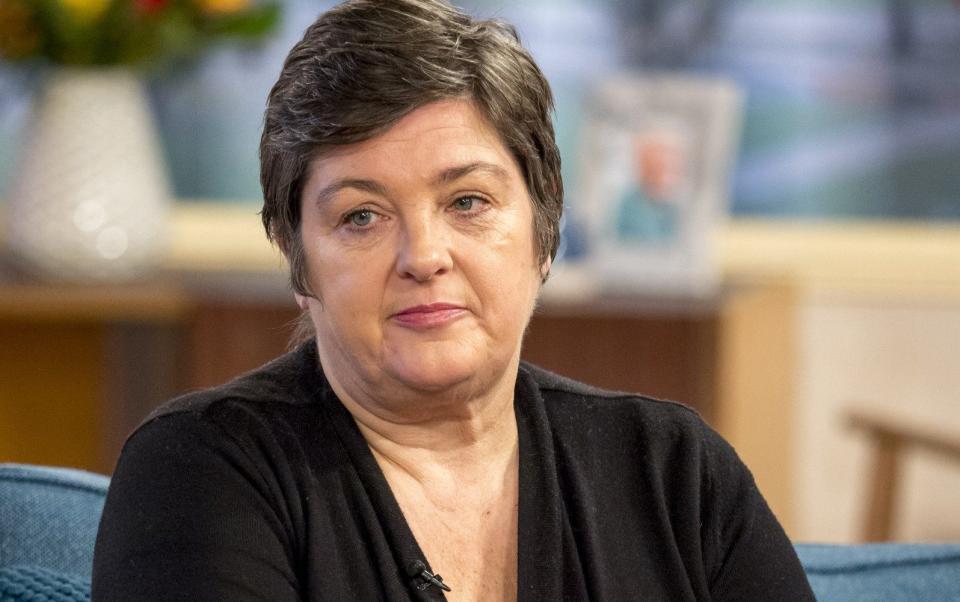
She does not play it safe and instead chooses what might be seen as controversial issues to champion. Camilla speaks from a position of genuine concern, rather than being a distant royal merely doing her duty. It feels to me that she would be involved in the fight for women’s rights whether or not she was expected to do so as part of her civic duties. Seen in tears in 2020 during a talk by Diana Parks, whose daughter Joanna was murdered by her violent husband, Camilla is the opposite of a remote royal.
“She is amazing,” says Rachel Williams, founder of Stand Up to Domestic Abuse, who experienced horrific violence at the hands of her former partner and has met the Duchess of Cornwall on several occasions. “She cried when a few of us survivors met her about five years ago, listening to our stories. She really connects with victims and really has a passion to help.”
According to Williams and a number of other feminists I have spoken to who have met Camilla, she is down to earth and instantly puts women at ease, in particular those who are nervous speaking out about their difficult experiences. “She really does care and that shows,” says Williams.
In true feminist fashion, Camilla unites women everywhere by speaking about her friends who have also experienced domestic abuse, showing that male violence is not driven by class background or financial disadvantage.
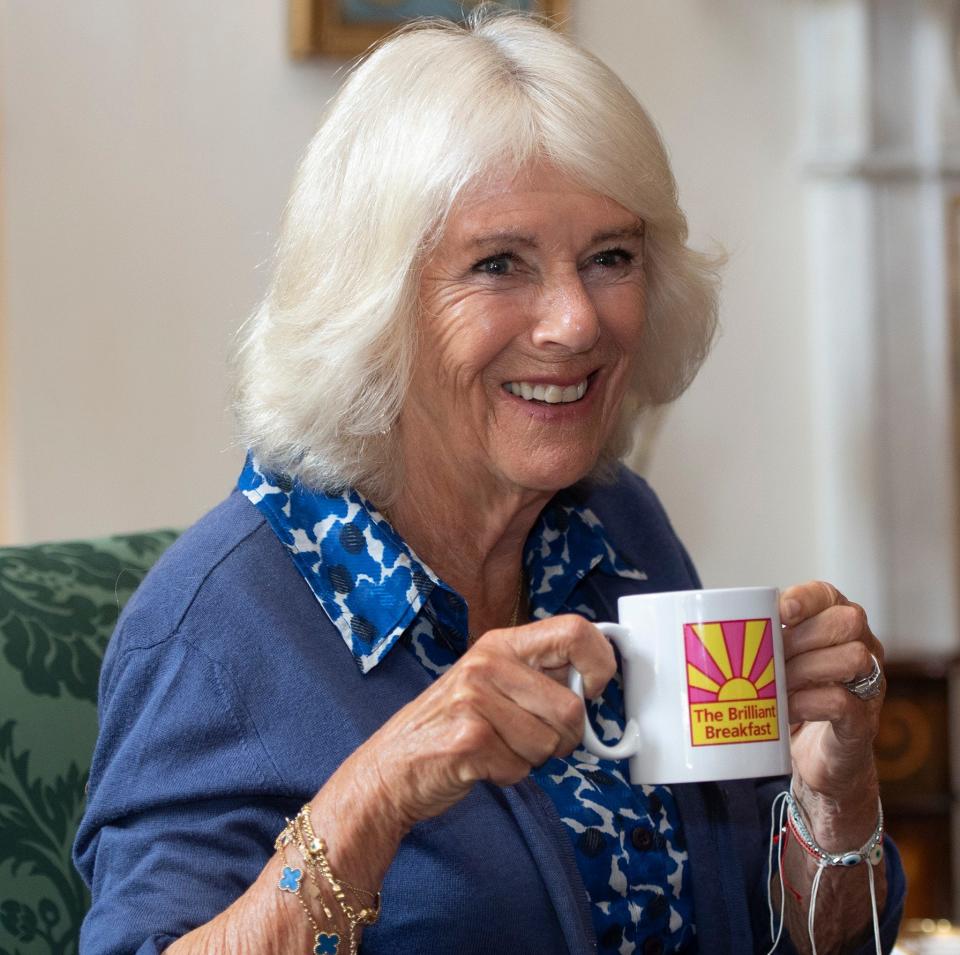
Over the years, Camilla has rejected unofficial royal protocol and has taken on what some might describe as controversial or even taboo topics. She has spoken of rape and sexual assault and the need for better support for survivors.
For example, one cause the Duchess of Cornwall champions is to provide rape victims who have just undergone forensic examination – a rather clinical process – with a special wash-bag filled with toiletries to use during the shower after the examination.
The wash bags – which contain shampoo, moisturiser, a hairbrush and other essentials – are a gesture designed to help make a difference to the lives of victims in their time of need, while also drawing attention to the issue. They were apparently Camilla’s own idea and part of her support for the work of Sexual Assault Referral Centres, which she describes as “one lifeline to victims of sexual violence as they struggle to rebuild their shattered lives”.
“My heart is well and truly in it,” she has said of her support for victims of male violence. I believe her, as do the women that have had the privilege of her direct support.
Camilla points out that victims of sexual violence are disproportionately female and she is doing something about it. That, to me, is feminism.
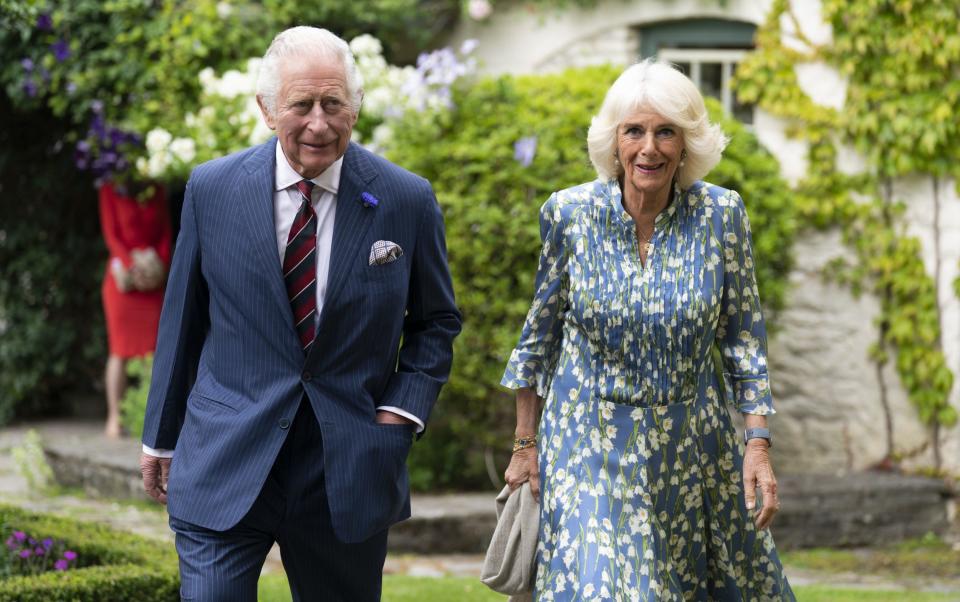
She certainly seems to like women and is not a man-pleaser. One of my favourite stories about her is that, rather than adhering to royal protocol and referring to Charles as “Sir” when they were introduced back in 1971, she said, “My great-great-grandmother and your great-great-grandfather were lovers. How about it?”
Despite the fact that feminism has recently become a dirty word, the Duchess of Cornwall has embraced it. Hopefully this will mean that other women will follow her lead. She once said that the part of her royal role that she most enjoys is championing unsung women: “I meet so many women who I find totally inspirational. Those are the stories I love hearing. People who started with no confidence and they go on to make a mark in the world and fly the flag for women.”
Even with my republican leanings, I would love to meet Camilla. We have a mutual friend who tells me that we would get on very well. “She has a very wicked sense of humour,” this friend tells me. That doesn’t surprise me, as her approachability and sense of fun is apparent. It is of course a myth that feminists are humourless and Camilla is a fine example of this.
I get a sense that the Duchess of Cornwall would not put up with a wrong word from Charles, or any man. She’s the opposite of a subservient royal woman and therefore a breath of fresh air. For feminist republicans like myself, one of the least attractive aspects of the Royal family is the way that women seem to be required to behave as though feminism never happened. Camilla behaves with decorum, of course, but it is not in the slightest bit stereotypical.
When she speaks out about her commitment to end violence against women and girls, her words resonate across society, reaching those within the aristocracy as well as on council estates. For me, a lifelong feminist activist, if we don’t care about the women at the bottom, then we may as well give up.
Camilla, for all her privilege, has decided that it’s the women with the most need and vulnerability who will be her priority. That, to me, is a true champion of women’s liberation.


